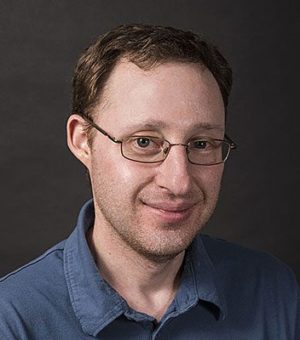Courting Judicial Excellence
About
A Landmark Study
Juvenile court judges are the most important public figures in the juvenile justice system—their decisions impact whether hundreds of thousands of youth each year become court involved, for how long, whether they are involuntarily removed from their homes and communities, and the services they receive.
With support from the State Justice Institute, staff from The Council of State Governments (CSG) Justice Center and National Council of Juvenile and Family Court Judges (NCJFCJ) conducted an analysis in 2021 of how courts that handle juvenile delinquency cases (“juvenile courts”) are structured and operate in all 50 states, leading to the Courting Judicial Excellence report.
As a result of that report, the CSG Justice Center and NCJFCJ are working to implement the report recommendations through (1) intensive assessment of and technical assistance to delinquency court systems in three pilot states and (2) the creation of a national first-of-its-kind juvenile justice training program for judges.
Training for Judges
A key recommendation of the report centers on the need for additional robust training for judges who hear delinquency cases.
Juvenile court judges are more likely to buy into using research and data to guide their decisions, and will be positioned to do so more effectively, if they have extensive familiarity with this research, adolescent development, and juvenile justice best practices. Yet, in the majority of states, judges who handle delinquency cases are not required by law or court rules to ever receive any training on these topics.
To begin to remedy these training gaps, the CSG Justice Center and NCJFCJ have created Courting Judicial Excellence: Juvenile Justice Judicial Training Institutes for all judicial officers who hear delinquency cases. The goal is to make this a sustainable, annual training program.
Key Staff












